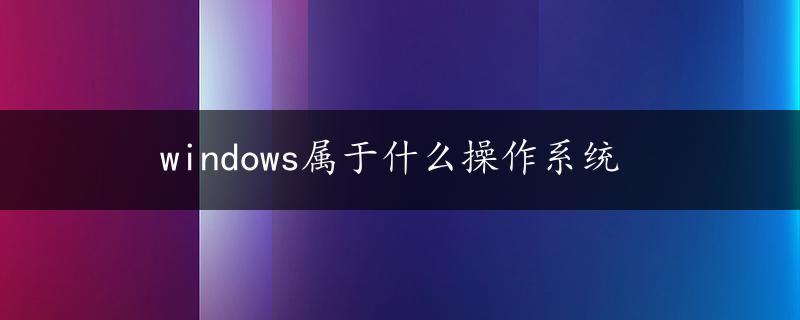The full name of operating system (OS) is a complex and technical term that represents the foundational software that controls the basic operations of a computer system. A few key points to keep in mind about the OS include:
1. An operating system manages the hardware resources of a computer, including CPU, memory, storage, and peripherals such as printers, scanners, and input devices.
2. In addition to managing hardware resources, an OS provides a platform for software applications to run on. This includes handling system calls, file I/O, network communication, and other basic tasks that software relies on.
3. Different types of operating systems exist, including real-time operating systems (RTOS), single-user/single-task systems like DOS, and multi-user/multi-tasking systems like Linux and Windows.
4. Operating systems often incorporate a graphical user interface (GUI) to make it easier for users to interact with their computer and its programs.
5. Common examples of operating systems include Microsoft Windows, macOS, and various flavors of Unix and Linux.
Overall, the operating system is a critical component of any modern computer system, and its role is vast and complex, involving everything from managing hardware resources to providing a platform for application software to operate on.













